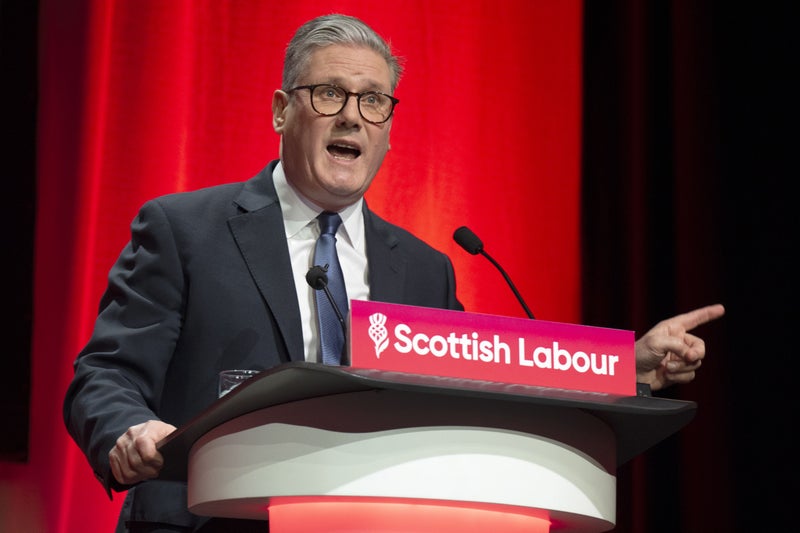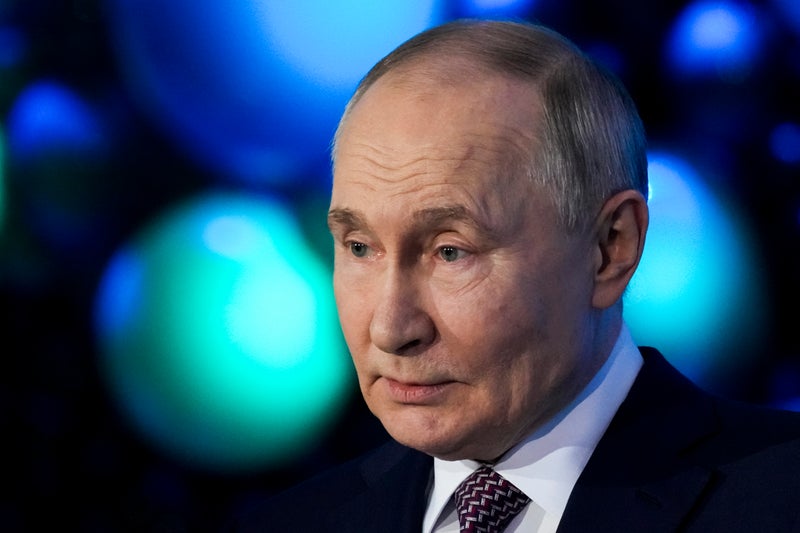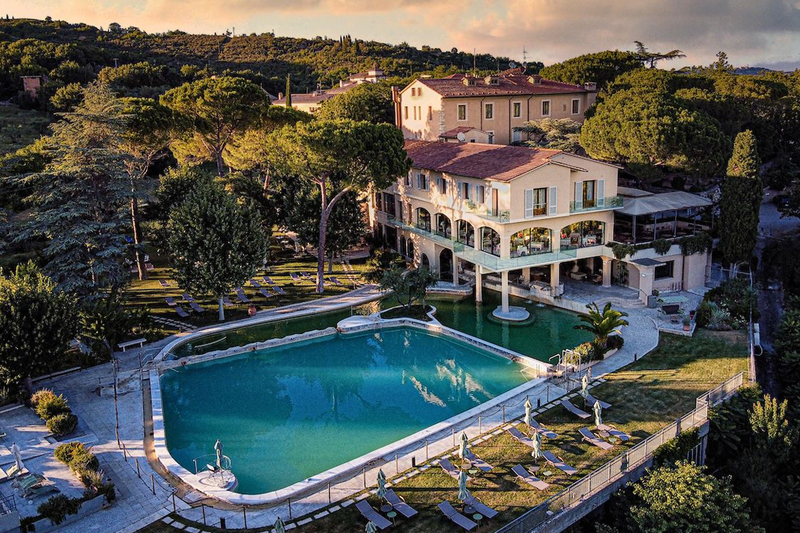Diverting money from aid to the military is a grim expedient in a crisis that will surely define this prime minister’s legacy. British politics is having one of its periodic outbreaks of polarised consensus. This is the paradoxical condition that occurs from time to time when the ruling party and the official opposition are forced by circumstance to have the same policy, while compelled by traditional enmity to resent the convergence.
![[Rafael Behr]](https://i.guim.co.uk/img/uploads/2017/10/09/Rafael-Behr,-L.png?width=180&dpr=1&s=none&crop=none)
The pressure on Keir Starmer to raise defence spending to 2.5% of gross domestic product has been building steadily in recent months, and independently of Tory demands that he do it. The case was already compelling last year. A violent storm was raging on Europe’s eastern frontiers and the cost of Britain’s commitment to protect Ukraine against Russian aggression was mounting. It was clear already that higher defence spending was the necessary insurance premium to cover Europe against Vladimir Putin’s insatiable malevolence.
That requirement became a matter of national emergency when Donald Trump returned to the White House, sent the thrust of US policy on Ukraine into reverse and left the US’s Nato allies feeling abandoned and exposed. Trump’s endorsement of a Kremlin agenda – his characterisation of the Ukrainian president, Volodymyr Zelenskyy, as a dictator and the demand that assistance already given be repaid in surrender of land and mineral resources – signalled the advent of a new epoch on global affairs. US foreign policy is now modelled on a mafia extortion racket. Protection is procured with tribute. Territory and any lucrative commerce attached to it is carved up between bosses. The more powerful among them takes the bigger share.
This way of doing international deals is perfectly aligned with the post-Soviet model of Russian statecraft that is a hybrid of bloodthirsty imperialism and gangster kleptocracy. It promises a slide back into the kind of ruthless competition for supremacy in Europe that western democracies spent decades after the second world war trying to make obsolete.
It is an existential crisis for the edifice of multilateral trade, mutual legal obligations and international institutions that, when the cold war ended, made it possible for countries such as Britain to spend less on guns and more on everything else.
Now, somewhat belatedly, Starmer has recognised that the flow of resources must go the other way. Defence spending will rise to 2.5% of GDP (2.6% if security service budgets are in the mix) by 2027, with 3% as the eventual target. The money will come initially from the overseas aid budget – a symbolic and practical reorientation of Britain’s posture from soft to hard power.
The prime minister was at pains to say how unhappy he was raiding funds that support international development, pleading the absence of easy money and the unprecedented gravity of the hour. The somewhat fanciful consolation on offer is a growth dividend, with military investment doubling as a new industrial strategy, creating jobs and stimulating economic activity.
This is unlikely to be the last time that national security is cited as a reason for shifting resources away from things that Labour MPs would much rather be funding. But their disapproval is not much of an obstacle for now because the reorientation of budget priorities enjoys cross-party support.
Shortly before Tuesday’s announcement, Kemi Badenoch had made a speech calling on the government to implement something on very similar lines. Starmer didn’t yield to Tory demands but the timing of the two interventions, just a few hours apart, isn’t coincidental. Both were timed to preface the prime minister’s trip to Washington later this week.
Starmer is not given to impulsive acts. His preferred mode of government is methodical to a degree that infuriates colleagues who see it as a symptom of political flat-footedness. He had not wanted to commit to higher military spending before publication of a strategic defence review. His argument was that it was better to set a budget only after you know what it is you have to buy.
That question has been settled by Trump. Britain needs to procure status as one of Nato’s big spenders. Extra money pledged for defence is the admission fee levied by the White House for Europeans wanting to join the discussion about Ukraine’s future. Starmer’s announcement is a calling card and, he hopes, a boost to his credentials with a man who sees Nato as a scam for siphoning Pentagon treasure into European pockets.
That part of the discussion is not new. It is a gripe voiced by previous administrations, Democrats as well as Republicans. But only the incumbent president couples it with generalised contempt for European allies and glowing admiration for the tyrant who menaces them.
Under those circumstances, the decision to ramp up defence spending makes sense both as a manoeuvre to help steer Trump away from betraying Europe completely, and as planning for the scenario where he does. It is consistent with Starmer’s modus operandi since first becoming Labour leader. He prefers, wherever possible, to defer a difficult choice, pending collection of all the data, surveilling a problem from every angle. Then, when it is time for making his mind up, usually in the heat of some crisis, he acts with a fixity of purpose that contains no trace of the prior equivocation.































